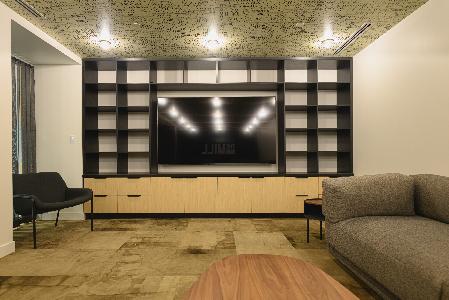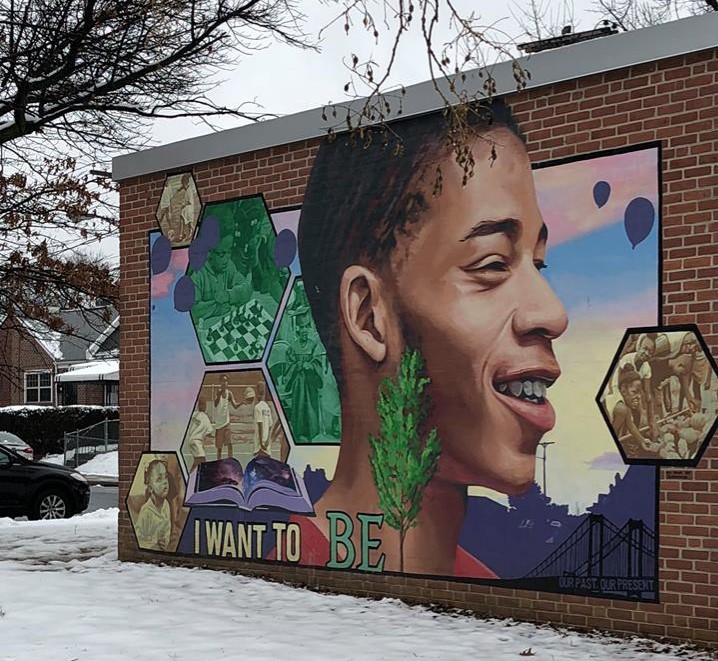In cities all over the country such as Detroit, Chicago and New Orleans, under-resourced, predominantly Black communities have been hit disproportionately hard by the COVID-19 pandemic. It’s a consequence of the systemic racism that is rarely explored as much as it is when disaster hits.
Delaware released COVID-19 racial and ethnic data for the first time on Friday, showing that 968 of 3,442 cases were Black, with an infection rate of 46.1 cases per 10,000. For Latinxs, 519 cases, many of them in Sussex County, made for an infection rate of 60.1 per 10,000. The infection rate for non-Latino white Delawareans, by contrast, is 13.1.
Wilmington, with its majority-Black population, is somewhat unique in that, so far, it is not the state’s hot spot for positive cases like the largest cities in other states. Instead, Delaware’s hotspot is Georgetown, with its poultry processing plants, including a Perdue plant with a rising number of positive cases.
Still, the city, especially its under-resourced, low-income neighborhoods, remains extremely vulnerable, both economically and health-wise.
For the Riverside community in Northeast Wilmington, which centers on the Riverside public housing projects, the challenges that were already in place before the pandemic have become compounded. Accordingly, REACH Riverside, the nonprofit behind the neighborhood’s redevelopment projects, has launched a new initiative with a goal of providing all households in the community with a debit card with $250 on it each month to offset expenses not allowed by EBT/SNAP and WIC benefits such as diapers, baby formula, cleaning and sanitation supplies, prescription copays and meals when food benefits are depleted and other critically needed items.
“This fund is our way of wrapping our arms around them and providing support by helping address immediate needs in their own household without dictating a specific use,” said Logan Herring, CEO of REACH. “Some may call it ‘trust philanthropy.’ I call it justice. It is our way of eliminating some bureaucracy and providing substantial benefit without micromanaging or strong oversight.”
A Kingswood Community Center Early Learning Academy parent and Riverside resident said this about the effects of the coronavirus on her family:
“Because of this crisis I was laid off from my job,” she said via press release. “As the breadwinner for my eight children this has been a big change, a struggle for our family. We are strong and I know we will get through this, but support from REACH would mean more resources for us to help us get past this crisis.”
Residents were mailed postcards with information on how to register for the program, as well as information on ChristianaCare’s twice-weekly COVID-19 screenings in the city. With the information gathered from the surveys, REACH Riverside will also acquire valuable data on the greatest needs in the community.
“We ask, ‘How will this $250 help you?'” said Tynetta Brown, director of development, marketing and communications for REACH Riverside. “So far, food and utilities are the primary needs. We also ask about technology and Wi-Fi capacity, copays, how many kids are in the households. These are [needs] we know exist because we work in the community, but you don’t want to assume.”
As of Monday morning, 54 households, or 20%, were registered.
The money is being raised via individual donors, businesses and corporate partners, with $750 covering funds for one of the 270 Riverside households for three months. But, Brown stresses, donors don’t need to give a large amount to help. The donation form allows people to write in any amount. Ideally, the fund will be able to expand and even continue into the future.
In addition to the Relief Fund, Brown said that they will be looking into the rate of usage of the new WhyFly hotspots set up in Riverside at the Kingswood Community Center and Teen Warehouse, and whether they are effectively helping students — and, if so, how similar resources might become accessible when Delaware isn’t in a State of Emergency.
“Yes, COVID-19 is here compounding the challenges, and now we’re paying attention to [accessible] Wi-Fi and ‘Let’s do this or let’s do that’ for those who don’t have it,” Brown said. “Why can’t we do that every day?”
Join the conversation!
Find news, events, jobs and people who share your interests on Technical.ly's open community Slack

Delaware daily roundup: Over 4,000 Black-owned businesses uncovered; Dover makes rising cities list; a push for online sports betting

Delaware daily roundup: Ladybug Fest illuminates small biz; Hahnemann Hospital's biotech future; intl. politics and a Middletown project

Delaware daily roundup: DE in DC for 'Communities in Action'; diversifying the coffee supply chain; Invista's future


